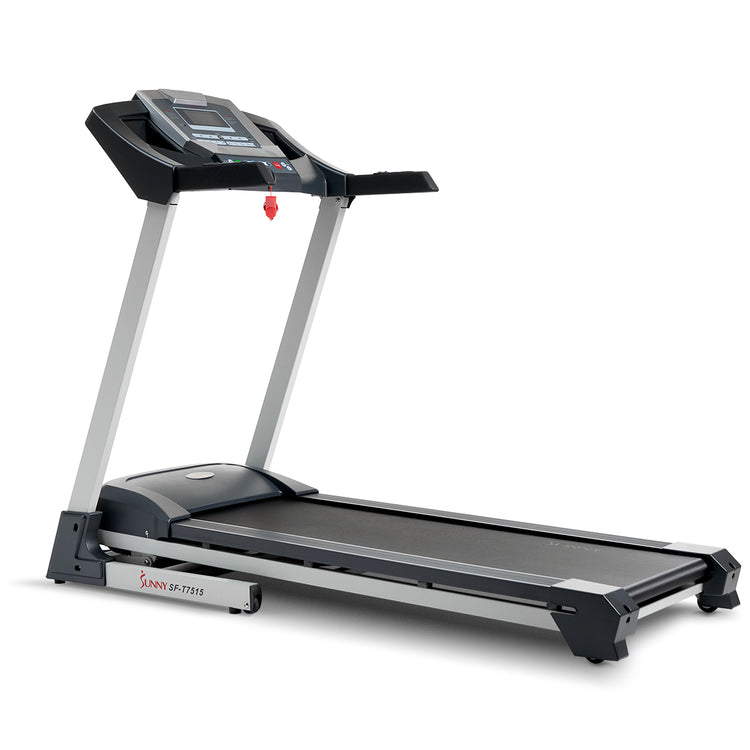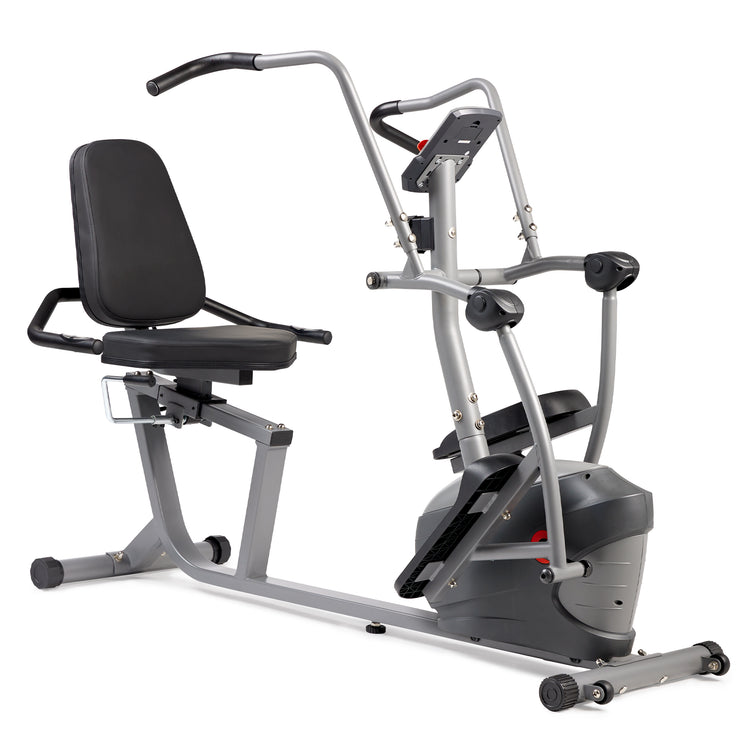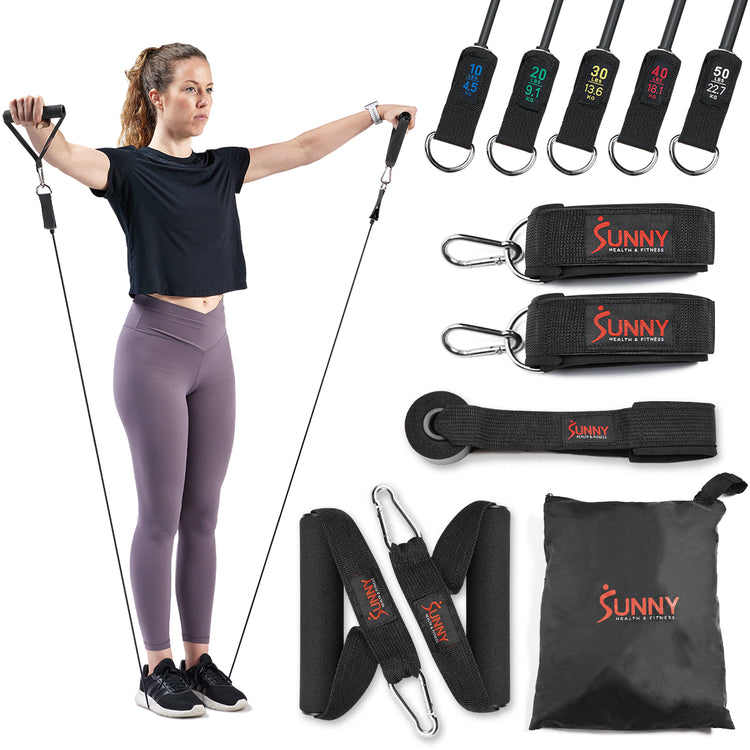Published 3/31/2025, updated 10/31/2025
Nope, it’s not just you—losing weight after 40 is harder.
While there are many potential reasons for unwanted midlife weight creep, an accumulation of bad habits, hormone changes, and a slower metabolism can all play a role.
That means, whether you’re a little late prioritizing a healthy lifestyle or doing the same old routine you’ve done for decades, you probably won’t see the same results you did in your 20s.
The good news: Even though weight gain after 40 is common, it’s not inevitable. Shedding pounds and keeping them off is possible with a few smart diet, exercise, and lifestyle tweaks.
1. Eat Better
You’ve likely heard the phrase “a calorie is a calorie,” which implies that it doesn’t matter where calories come from as long as you aren’t going overboard. But the quality of calories you eat affects how your body processes and uses them for energy, which can impact your health and weight.[1] Here’s what to focus on:
Focus on whole foods
Whole, nutrient-dense foods like fruits and vegetables, lean meats, eggs, whole grains, legumes, nuts, and seeds provide more nutrients for fewer calories than processed and packaged options.
Prioritize protein, fiber, and healthy fats
Studies suggest diets rich in protein, fiber, and healthy fats can help with weight loss.[2, 3, 4]
How? Both protein and fiber slow down digestion and boost satiety hormones, helping you feel full on less. Protein can also help you maintain (and even gain) muscle as you age, which helps keep your metabolism moving. And healthy fats tamp down inflammation, which can contribute to insulin resistance and make weight loss more challenging.[5]
To boost weight loss efforts, aim to:
- Eat 20 to 30 grams of protein per meal and 10 to 15 grams per snack
- Get at least 30 grams of fiber per day
- Replace saturated fats with monounsaturated fats (like avocados and olive oil) and omega-3 fatty acids (like those found in fish, walnuts, and flaxseeds)
Avoid ultra-processed foods
The term ultra-processed covers a wide range of foods, from seemingly “healthy” options like whole grain bread, yogurt, and plant milks to stereotypical “unhealthy” ones like soda, candy, and fast food. You’ll want to minimize the latter.
These foods tend to be high in unhealthy fats, added sugars, and calories, and offer few, if any, nutrients. Since ultra-processed foods tend to be more calorie-dense and less filling, studies suggest eating too many of them can lead to weight gain.[6]
Reduce sugar and alcohol
Sugar and alcohol are both calorie-dense but nutritionally void. This alone can lead to weight gain. But it’s not just about the calories. Both sugar and alcohol have been shown to disrupt sleep and exacerbate stress and anxiety, leading to a negative cycle that makes it difficult to lose weight.[7, 8]
2. Eat Less
Everyone’s calorie needs are different. But after your 30s, hormones like testosterone and estrogen drop. These hormones play a significant role in regulating your basal metabolic rate (BMR)—or the number of calories your body burns at rest. As hormone levels decrease, so does your BMR.
Your BMR accounts for 50 to 65 percent of your daily calorie burn, so as it dips with age, your calorie needs will drop.[9]
For example, one study suggests that during perimenopause (which typically hits women in their 40s) your BMR goes down by 250 to 300 calories per day.[10] That’s the size of a solid snack.
No, you don’t have to count calories or macros if you don’t want to (although, doing it for a short time can help you quickly figure out where you’re at and adjust if needed). Reducing portion sizes and choosing low-calorie, nutrient-dense foods most of the time goes a long way.
3. Eat Regularly
Your blood sugar naturally spikes when you eat, but high blood glucose variability (big spikes and crashes) has been linked to insulin resistance and diabetes, which can impact your ability to lose weight.[11] In other words, making an effort to flatten the curve may boost health and make weight loss more manageable.
Divvying up your food into smaller meals and a few snacks will keep your blood sugar levels steady throughout the day. Pro tip: pairing whatever you eat with a little protein, fiber, or healthy fat can also keep spikes at bay.[12]
4. Consider Intermittent Fasting
Studies have shown that intermittent fasting—or eating for a specific time window each day (between 9 a.m. to 7 p.m., for example)—can be beneficial for healthy weight loss since it helps you eat less.
That said, intermittent fasting doesn’t seem to lead to more weight loss than other diets.[13, 14] Some studies also suggest certain intermittent fasting protocols may wreak havoc on hormone levels (like testosterone and estrogen), which are already on the decline in your 40s and beyond. So, it’s really about figuring out what works best for you.
5. Exercise
Diet alone may be enough to help you lose weight, but studies suggest combining diet and exercise is more effective.[15] When it comes to weight loss, cardio gets all the hype since it tends to burn more calories; but, strength training is crucial for healthy weight loss in your 40s and beyond.
Muscle mass declines by 3 to 8 percent every decade after the age of 30.[16] Since muscle burns more calories than fat, this can significantly slow your metabolism.
The smartest fitness tweak you can make in midlife: Focus on body recomposition (AKA gaining muscle while losing fat) instead of weight loss.
Aim for at least two to three heavy strength training sessions per week. Complement resistance training with short bouts of cardio (adding up to at least 150 minutes of moderate-intensity or 75 minutes of vigorous-intensity activity per week) to increase your calorie burn. Finally, make sure you’re eating enough protein, which can help you maintain muscle in a calorie deficit.[17]
6. Get Enough Sleep
Poor sleep makes it harder to lose weight[18], and it’s often a common complaint in midlife. To get as many hours of uninterrupted, restorative sleep as possible:
- Turn off electronic devices at least 30 minutes before bed
- Reduce caffeine and alcohol intake
- Practice relaxing activities, like yoga or meditation, before bedtime
- Get blackout curtains
- Use earplugs or a white noise machine to block out ambient noise
- Set a sleep schedule—wake up and go to bed at the same time every day, even on the weekends
7. Manage Stress
As you age, your body becomes less resilient to stress.[19] That’s a problem because stress can increase appetite and cravings, especially for high-calorie foods rich in sugar and fat.[20] Stress has also been shown to promote fat storage, particularly around the abdomen.[21]
To control stress, try stress-reduction techniques like:
- Meditation or prayer
- Journaling
- Deep breathing
- Light movement like walking and stretching
- Spending time in nature
- Connecting with others
8. Hydrate
Hydration improves energy levels, enhances your workouts, and even helps with honoring your hunger and fullness cues. As you age, you might also have to be a little more intentional with your fluid intake since hormone changes can decrease thirst, prompting you to drink less.[10]
Drink at least 8 cups of water a day, adding electrolytes, especially if you're active.
9. Improve Gut Health
Recent research suggests your gut health may play a role in your ability to lose weight.[22]
To boost gut health, start by eating more fiber-rich foods. Fiber is fermented by gut bacteria, creating byproducts called short-chain fatty acids that can positively alter your gut microbiome and help with weight management and insulin control.[23, 24]
Taking probiotics, consuming a wide variety of plant foods, and limiting processed foods may also help.
The Bottom Line
To lose weight after 40, focus on eating a healthy, whole foods diet rich in fruits and vegetables, protein, fiber, and healthy fats; and minimize ultra-processed foods, sugar, and alcohol. You may also need to eat less. Include both strength training and cardio in your workout routine to burn calories, boost metabolism, and maintain muscle. Finally, get the basics like sleep, stress, hydration, and gut health in order—when unchecked, they can negatively impact your weight.





























Add Your Name & Email
Please enter your name and email to continue.We won’t display your email publicly.
1 comment
Nice information shared. Good work